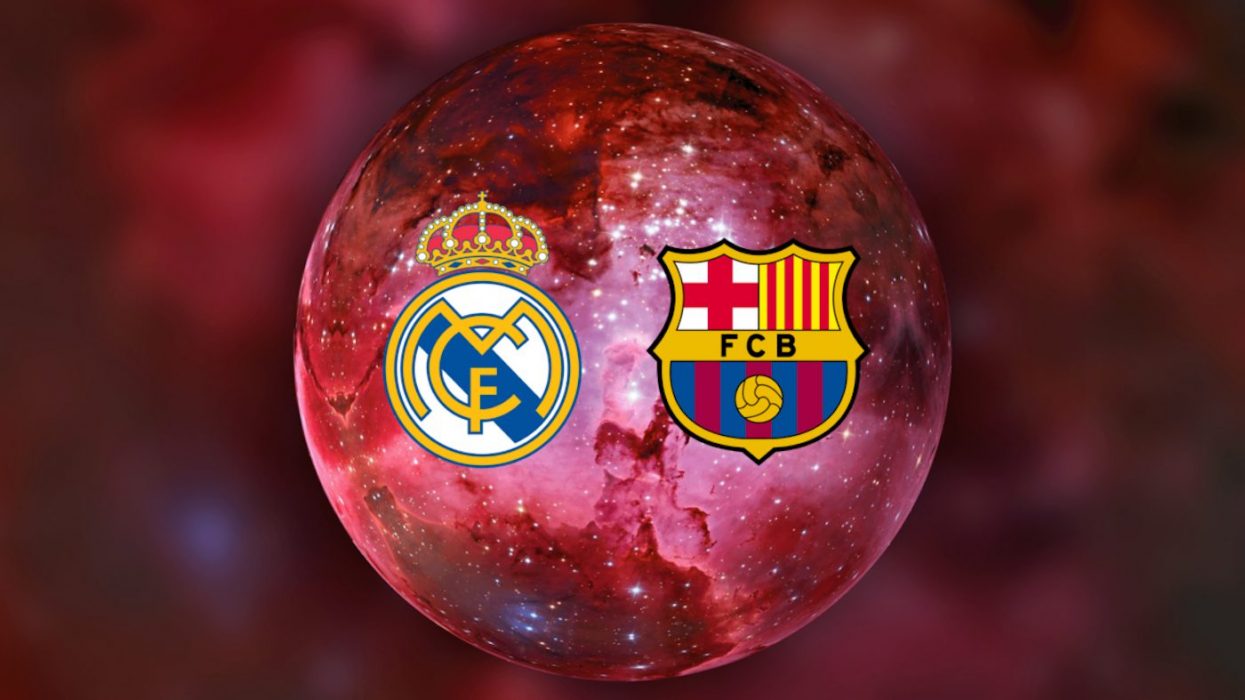The world of blockchain gaming continues to boom, with prominent gaming industry figures, including Sega, Epic Games and PUBG creator Brian Greene, all announcing new blockchain-based projects within the past fortnight.
Blockchain games have generally been poorly received by seasoned gamers, as they’re often brimming with micro-transactions, gambling and/or NFT collectibles. Despite this, blockchain gaming has expanded rapidly over the past few years, growing over 2000% in 2021 alone.
The enthusiasm shown for blockchain projects from reputable industry figures in the past few weeks perhaps marks the start of a transition to higher quality and more positively received games.
PUBG Jumps Into The Metaverse
The first big announcement came from PUBG creator, Brian Greene on September 28, when he announced his next project, known as Artemis, will be a blockchain-based metaverse game featuring NFTs. According to Greene, Artemis will be an open-world game that will allow players to make anything they can imagine.
In an interview with the HitPoints Substack, Greene was keen to point out the game will not be a cash grab, an accusation levelled at some other blockchain-based games:
“The only way this exists is if it’s made for everyone, and it’s not made for money.”
Brian Green, PUBG Creator
However, Greene also says players will be able to make money in the game by selling their creations to other players.
Greene is aware of the pushback against blockchain from the gaming community, but insists he’s committed to using the technology in Artemis, saying “I’m just going to do what I’m going to do…but it doesn’t matter if it’s called the metaverse. I don’t care what people want to call it.”
Epic Games Launches Playable Demo Of Solana-based Star Atlas
The next piece of news came from Epic Games, who released a playable demo of the Solana-based game Star Atlas. The demo, which is a pre-alpha release built using Epic’s Unreal Engine 5, allows players to explore a virtual 3D showroom and inspect ships and other vehicles which they’ve purchased as NFTs.
Access to the Star Atlas demo is currently limited to holders of Star Atlas NFTs, although access codes will eventually be given to some select non-NFT owners.
The developer of Star Atlas, ATMTA, says they’ll gradually add more features to the playable demo over the coming months, including the ability for players to take their ships out for a test flight. The date for the full release of Star Atlas hasn’t been specified, but it’s expected to still be several years away.
In addition to releasing the demo, ATMTA also released a developer toolkit designed to ease the development process for others looking to create Unreal Engine 5-powered games leveraging Solana.
Sega Announces Plans To Launch First Blockchain Game
Finally, gaming icon Sega, has announced it’ll be launching its first blockchain-based game in collaboration with developer Double Jump Tokyo.
The game will be based on Sega’s Sangokushi Taisen arcade franchise and will leverage the Japanese Oasys network, which is designed specifically for blockchain gaming and integrates with Ethereum, Astar Network, and potentially other blockchains.
Sega and Double Jump Tokyo haven’t clarified exactly how blockchain will be incorporated into the game and haven’t specified a release date.














